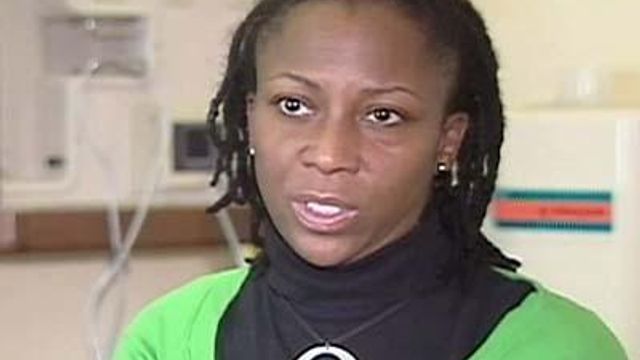Weight gain can come back after gastric-bypass surgery
Weight loss from gastric-bypass surgery might not last, but a minimally invasive procedure can correct the problem.
Posted — UpdatedWeight loss from gastric-bypass surgery might not last, but a minimally invasive procedure can correct the problem.
Six years after she got gastric bypass surgery, eating became uncomfortable for Stacey Ruffin and she started to gain weight.
"I noticed that when I would digest my food ... something just wasn't right," Ruffin said.
Doctors found that her stomach pouch, created during the bypass, had stretched out and needed to be repaired.
"Up till recently, there were only two options, and both of them entailed a surgical procedure," said Dr. J.L. Holup, associate director for bariatric surgery at Beth Israel Hospital in New York City.
Advances in medical procedures, though, enabled Ruffin to undergo a nonsurgical technique called stomaphyx.
In it, a doctor inserts a device through the patient's mouth and guides it down to the stomach pouch. Using an endoscope, the doctor staples the sides of the stomach, making it smaller again.
In Ruffin's case, doctors brought her stomach pouch from about the "size of a juice glass" to that of "a silver dollar," Holup said.
Stomaphyx can take less than a half-hour – about half the time of surgical repair. The procedure doesn't have a risk of infection, causes far less pain and requires a much shorter recovery time.
Ruffin had her stomaphyx on a Thursday and returned to work on the next Monday. Since then, her biggest problem has just been not eating everything on her plate, Ruffin said.
"How I grew up is that you should always finish what's on your plate. And I can't. That's the bad part about it," Ruffin said. "But my sons and boyfriend love it, because I bring home food to them."
• Credits
Copyright 2024 by Capitol Broadcasting Company. All rights reserved. This material may not be published, broadcast, rewritten or redistributed.





